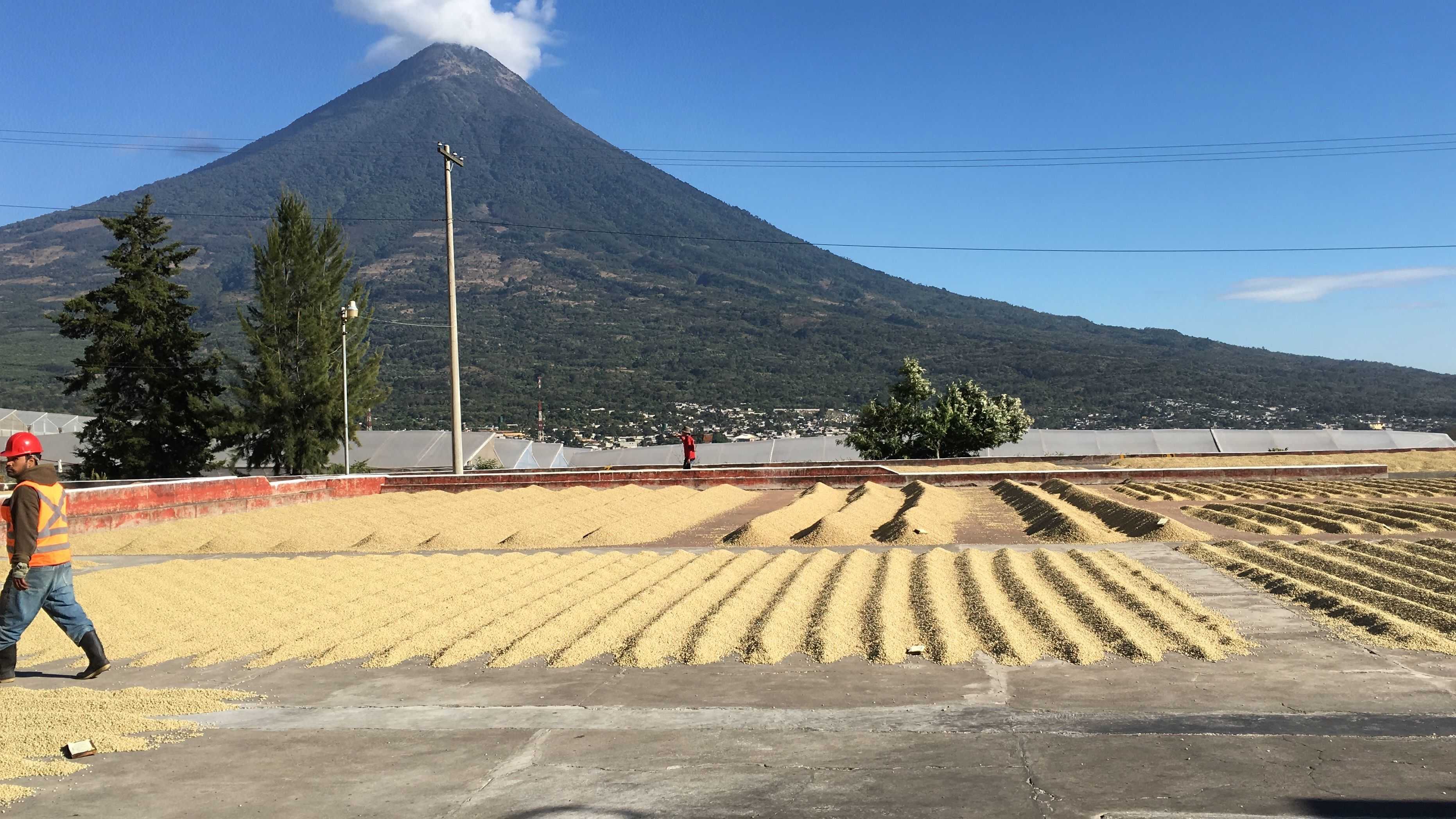MILAN – CIRAD, the French Agricultural Research Centre for International Development, and CATIE – the Tropical Agricultural Research and Higher Education Center, based in Costa Rica – have renewed their partnership for ten years within the Mesoamerican Scientific Platform for Agroforestry and are pursuing a number of other projects .
For more than 30 years, CIRAD and CATIE have been contributing through their joint projects to improving the quality of life of rural populations in Central America.
A partnership based on issues that have become critical for the region – climate change, natural resource management, development linked to cocoa- and coffee-based farming systems.
“The scientific research that we have developed with CIRAD has helped to improve the quality of life of rural populations” , says CATIE Director General Muhammad Ibrahim. “We hope to continue to strengthen this collaboration in order to contribute to delivering solutions to meet the needs of the region .”
CATIE took part in the development of new F1 hybrid coffee varieties, which have proven to be more productive and more disease-tolerant. It was particularly involved in the somatic embryogenesis technique for their propagation. This research, conducted since the 1990s, has established the scientific basis for developing new varieties that can be sold on a large scale.
Numerous joint projects on coffee, cocoa and agroforestry
Around 60 projects have been conducted within the framework of this collaboration since the 1980s. A dozen joint projects are currently underway, including:
· the PROCAGICA project, launched in 2016, which aims to build resilience to climate change and to the coffee rust epidemic among small and medium coffee producers in Central America;
· the Forecast project, which since 2017 has built a platform of educational resources on agroecology in forest landscapes. Available online, this platform will also provide analysis and modelling tools on the footprint of agriculture on natural forests and the strengths and limitations of agroforestry in forest territories.
The Mesoamerican Scientific Platform for Agroforestry (AFS-PC) is also a good example of this fruitful collaboration and of the close links between CIRAD and CATIE. Created in 2007, its objective is to contribute to improving the productivity, competitiveness and sustainability of agroforestry systems for cocoa and coffee crops in Mesoamerica. On 3 December 2019, the Directors General of CIRAD and CATIE and of three other associated institutions* renewed their partnership for ten years within the framework of this platform.
The best way to address climate change
According to CIRAD President Managing Director Michel Eddi, collaborating at the local level is the best way to address climate change and biodiversity loss. “Our two institutions have the capacity to build a common future, working together to mobilise resources and skills on objectives and projects in partnership” , he said.
CATIE hosts a dozen researchers from CIRAD in permanent positions at its premises in Costa Rica. In addition to research projects, these researchers also contribute to the training and future of doctoral students. In this respect, in September 2019, CATIE also signed a framework cooperation agreement with the MUSE consortium, a Montpellier-based cluster of universities of excellence and research organizations, which includes CIRAD.










